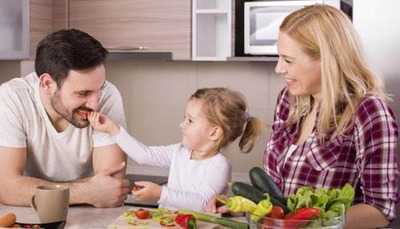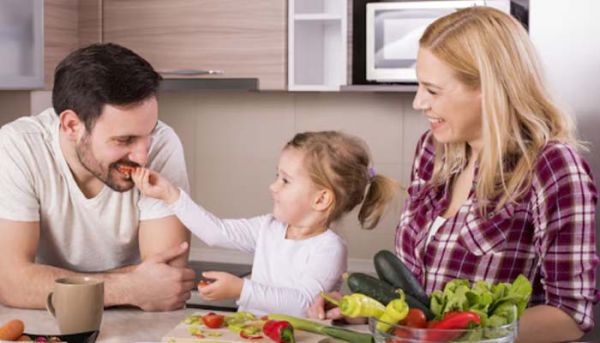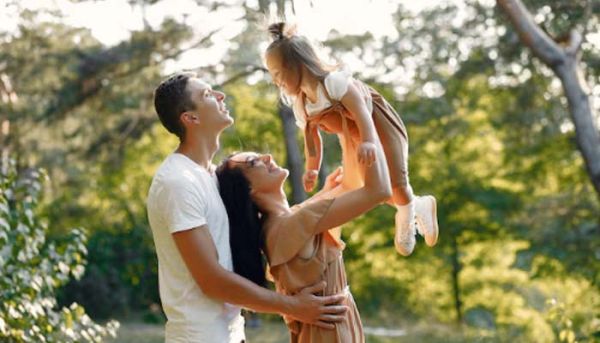
Parenting doesn’t come with a manual, but it thrives on intention. The 5 R’s serve as a daily compass—reminding you to raise children not just to obey, but to grow, thrive, and become emotionally intelligent human beings.

Parenting is not just childrearing, but value-shaping, emotional development, and life-long relationship forming. In this complexity of life, new paradigms of conscious parenting have emerged to help parents keep their feet firmly rooted on the ground while keeping their heads in the clouds. One such useful framework is the 5 R's of parenting—a simple and yet extremely powerful tool guiding every stage of the parenting process.

The 5 R's are Respect, Routine, Regulation, Relationship, and Reflection. They all together form the foundation of healthy and conscious parenting.

Respect is the foundation of a healthy relationship between parent and child. It encompasses recognizing your child as a special human being with feelings, thoughts, and boundaries.
Why it matters: When children are felt to be respected, they are more likely to develop self-esteem, empathy, and respect in return.
Practice tip: Hear them out without interrupting, validate their emotions, and honor their beliefs—even when setting boundaries.

Children thrive on structure. Routine brings predictability and stability in an otherwise unpredictable world.
Why it matters: A routine strengthens emotional regulation, improves sleep, improves focus, and reduces anxiety.
Practice tip: Adhere to daily rhythms around mealtime, bedtime, school, and playtime, but be flexible when needed.

This is self-control and emotional regulation. Teaching children to know and manage their feelings is the key to life-long mental well-being.
Why it matters: Children who are regulated can better manage stress, resolve conflicts, and develop resilience.
Practice tip: Model calmness in challenging situations, teach deep breathing, and label emotions without judgment.

A supportive, secure relationship with your child is the basis for trust, open communication, and emotional safety.
Why it matters: Positive parent-child relationships correlate with higher self-esteem, better school performance, and more effective adult relationships.
Practice tip: Spend quality one-on-one time, be affectionate, and emotionally available—even during challenging times.

This is both reflecting back to your child on what they are doing and reflection by the parent. It's learning, not perfection.
Why it matters: Reflection fosters accountability, emotional growth, and reflective parenting.
Practice tip: Ask reflective questions ("What might you do differently another time?"), and as a parent, keep a wins and challenges journal or discuss them.

Healthy parenting is not just about discipline—it's about role-modeling, mentoring, and caring. Kids who are raised in healthy homes turn into better-adjusted, empathetic adults. Caregivers can cultivate emotional intelligence, respectful communication, and a solid resilience in children by applying the 5 R's to daily parenting.
Parenting is not for the manuels-challenged, but for the intentional. The 5 R's will be your everyday companion—reminding you to raise children not only to obey, but to grow, thrive, and become emotionally intelligent individuals.